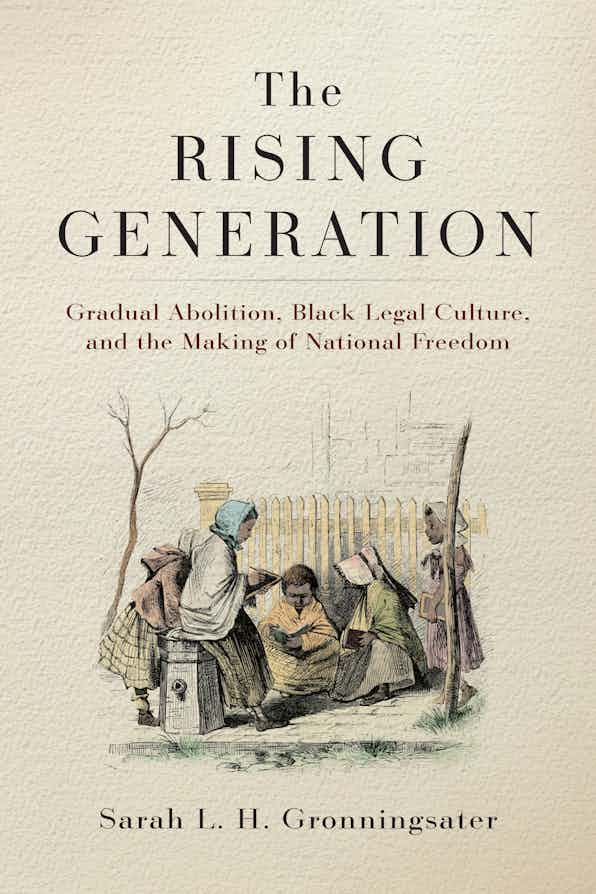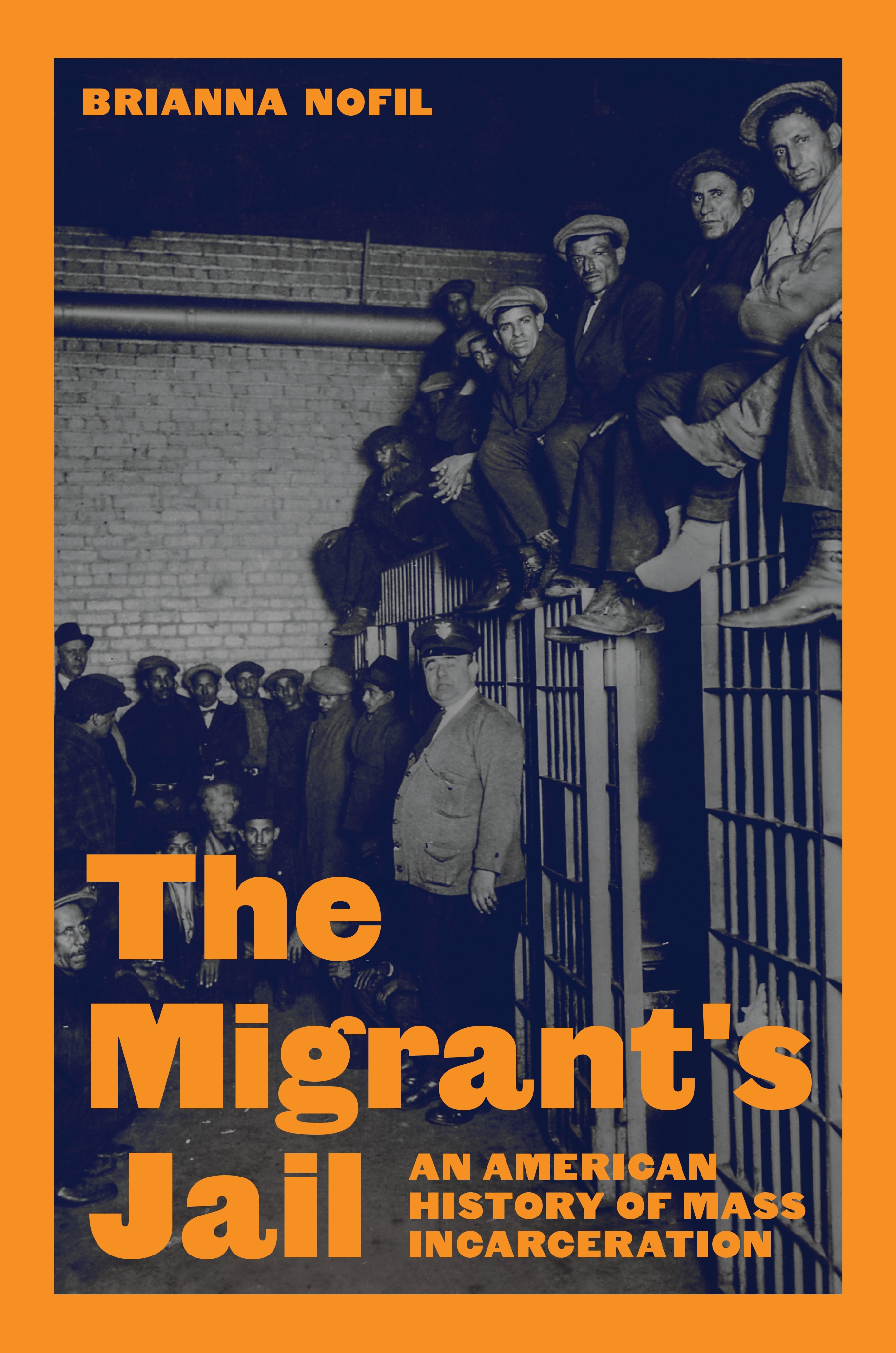Relli Shechter, Ben-Gurion University, has published, open access, Legislating the Progressive Arab Society: State Authority and Social Rights in the 1964 Interim Constitutions of Egypt, Iraq, and Syria, in Law and History Review:
This article examines the 1964 interim constitutions of Egypt, Iraq, and Syria as markers of a two-decade-long shift in Arab constitutional design—moving from individual liberal rights toward a new regional social contract centered on social rights. The vision of a progressive society rested on two principles of collective welfare: solidarity—expressed through constitutional commitments to collective well-being—and social justice, which aimed to ensure equality and better living standards for all. Contrary to common interpretations, these documents were not simply authoritarian bargains or tools for consolidating power. Rather, the interim constitutions were social bargains that reflected legislative social engineering during decolonization and guided both citizens and the state in building a new society. Despite the intense regional rivalries, these constitutions reflected a shared commitment to socioeconomic transformation that transcended political divides. The analysis of these constitutions shows that the difficulties in their execution extended beyond future limitations of political will or economic resources. Rather, they contained inherent legal and ideological tensions about the structure and direction of the progressive society—particularly in their approach to fundamental questions of social organization. These tensions emerged in the complex relationship between family and individual rights, the delicate balance between private and collective ownership, and the role of state patriarchy in providing social welfare.
--Dan Ernst





















